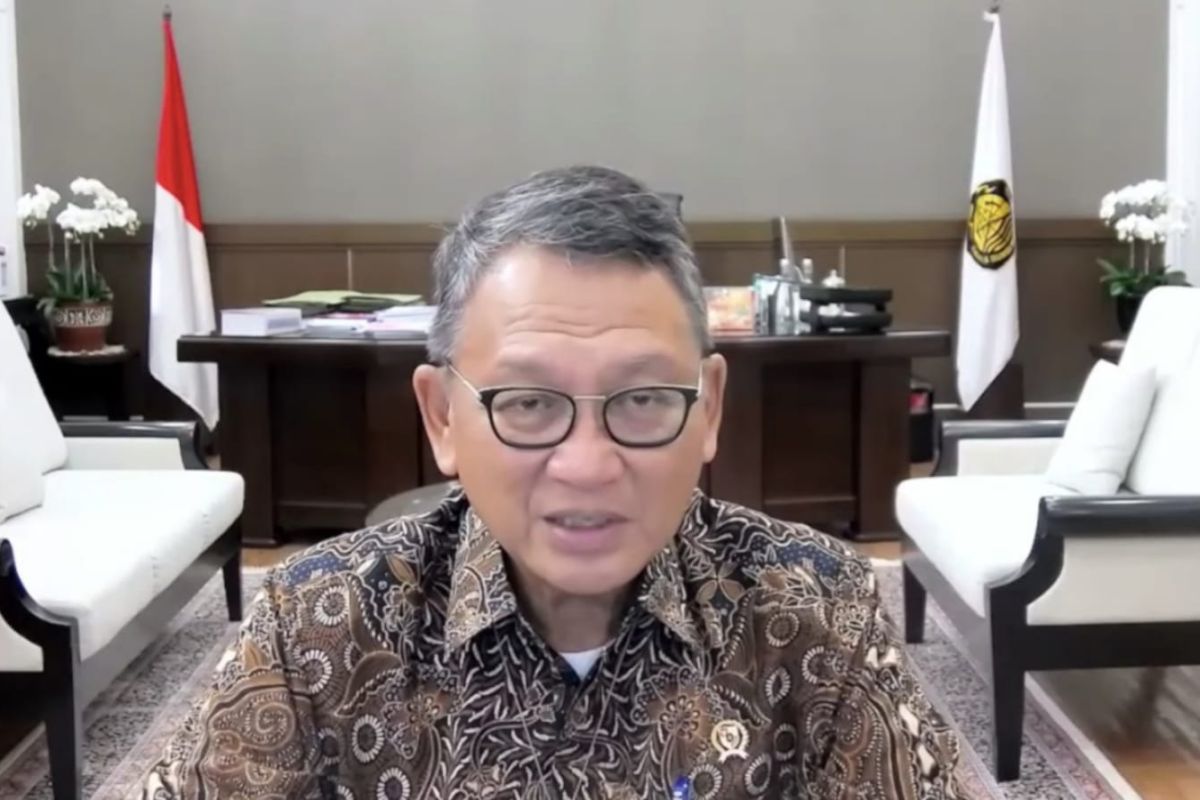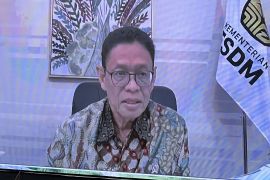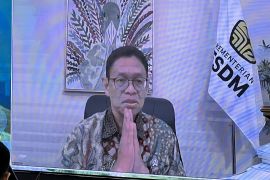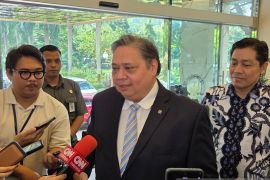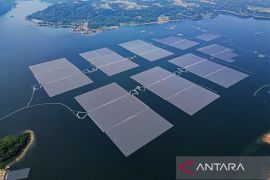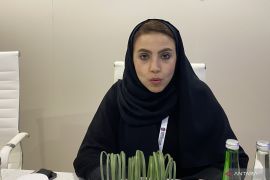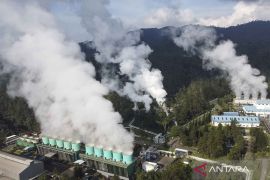"The energy transition is needed to improve national energy security, given that fossil fuel reserves are limited," he stated during a national seminar titled "Patriot Energy 2022" that was monitored here on Monday.
Tasrif remarked that Indonesia still has large enough potential for new and renewable energy (EBT), reaching more than three thousand gigawatts, such as solar, hydrogen, bioenergy, biomass, geothermal, and also marine resources.
Hence, the ministry strongly supports people-centric energy transitions that not only include the transition to cleaner energy but also the provision of job opportunities and skills, increased social and economic development, and equality and justice, as well as actively involve the community.
Tasrif stated that in providing access to clean energy, the ministry has built several new and renewable energy-based infrastructure, especially in the frontier, outermost, underdeveloped, and transmigration (4T) areas, including solar power plant, micro-hydro, hybrid, biomass, energy-efficient solar panels, and solar-based public street lighting using the State Budget and special allocation funds.
"The involvement of local governments and local communities is crucial in the development of new and renewable energy infrastructure. The use of technology is appropriate and maintains the sustainability aspect of the infrastructure," according to Tasrif.
The ESDM Ministry noted that the national electrification ratio has reached 99.2 percent, and some 0.8 percent of the people are still without access to electricity.
Tasrif said that several villages are unable to access electricity and 3,090 villages are still using energy-saving solar lamps (LTSHE). Hence, it is necessary to strive for these villages to obtain a more reliable and continuous electricity supply.
He remarked that support and participation from all parties, including from members of the younger generation of Indonesia, was deemed necessary to increase the development of new and renewable energy and expand access to energy for the community.
In an effort to involve Indonesia's young generation, the ministry has implemented the Patriot Energy Program in collaboration with the Institute for People's Business and Economics (IBEKA) to encourage the involvement of the younger generation in mentoring, developing, building, and managing clean generators in a sustainable manner through the use of local renewable energy potential to provide reliable and continuous access to electricity for the community, especially in 4T areas.
Tasrif lauded the young generation, who are members of Patriot Energy, as they have fulfilled their duties to remote areas within a period of 10 months.
They have been able to provide assistance in 98 villages located in 33 districts from 13 provinces by conducting pre-feasibility studies of micro hydro power plants in 14 villages, solar home systems in 12 villages, and solar power plants in 67 villages, including development planning or revitalization of renewable energy plants in five villages.
"We hope the results of the pre-feasibility study would be followed up by the local government, the private sector, and the Ministry of Energy and Mineral Resources to build renewable energy plants, especially for people in the 4T areas that until now, have not received electricity in a sustainable manner," Tasrif remarked.
Related news: Need strong ecosystem to support energy transition: BRIN
Related news: BRIN develops eco-friendly energy sources to cut emissions
Translator: Katriana
Editor: Rahmad Nasution
Copyright © ANTARA 2022
